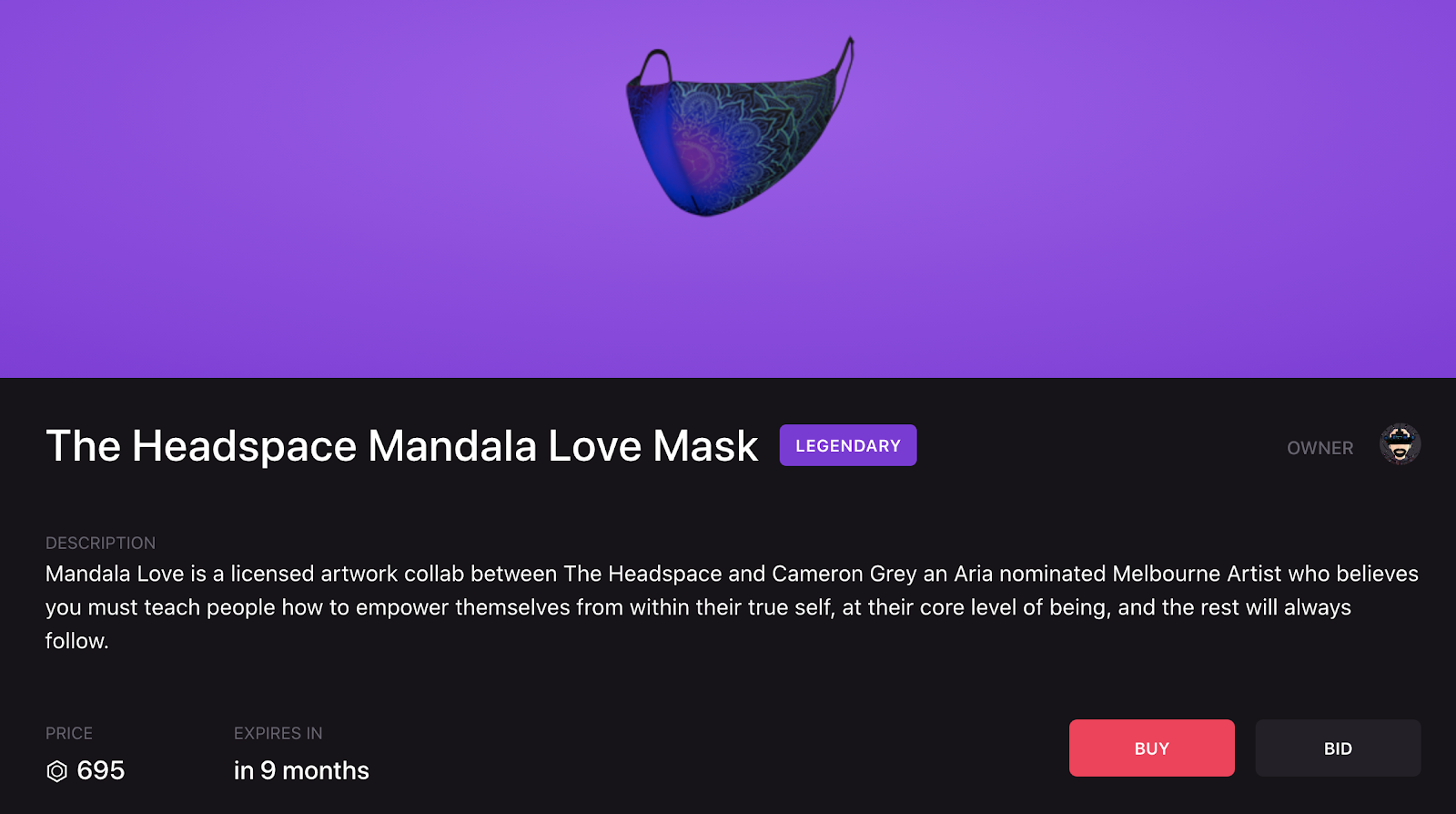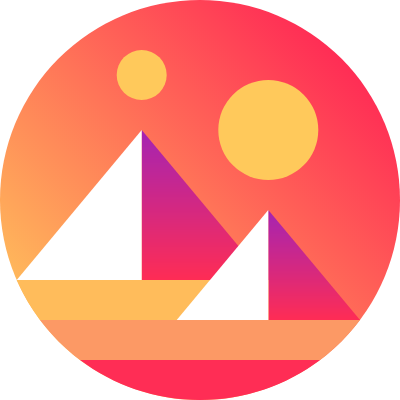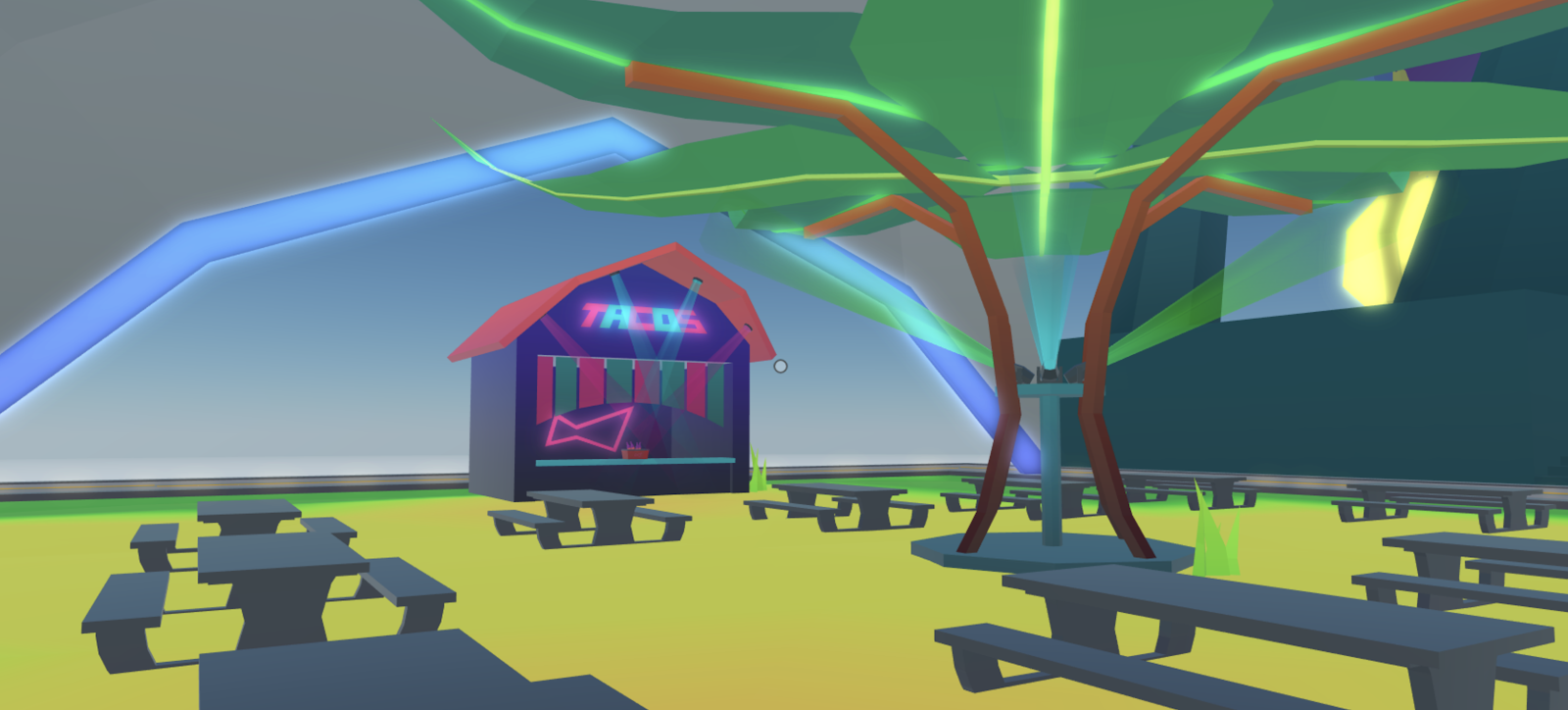TL;DR
Decentraland is a virtual world and community based on blockchain technology. Users develop and own plots of land, artwork, and Non-Fungible Tokens (NFT). Members also participate in the platform’s Decentralized Autonomous Organization (DAO).
As a DAO, Decentraland gives its community the power to participate in the project’s governance. Decentraland’s native cryptocurrency, MANA, and all in-game assets are on the Ethereum blockchain.
Introduction
If you’ve ever played Second Life and traded cryptocurrency, then you might be interested in Decentraland. From its beginnings in 2016, the platform has developed from a basic 2D experiment into a large 3D world.
Decentraland’s developers Estaban Ordano and Ari Meilich have created a virtual space containing digital real estate parcels, items, and other customizable assets. All of these are purchasable using MANA, Decentraland’s ERC-20 token.
Decentralanders can buy MANA on several exchanges for either crypto or fiat. ERC-721 non-fungible tokens represent Decentraland’s unique assets, including LAND property and other collectible items.
How does Decentraland work?
Decentraland is an online space combining virtual reality with blockchain technology. Unlike most online games, players have direct control over the rules of the online world. The DAO allows token holders to vote directly on in-game and organizational policies. This mechanism affects everything, from the types of items allowed to investments for the DAO’s treasury.

Non-fungible tokens represent in-game collectibles, including clothes, items, and the game’s virtual real estate, LAND. Users store these tokens in their crypto wallets and sell them to other users on the Decentraland Marketplace. To buy yourself a new facemask, for example, you’ll need to get your hands on some MANA, Decentraland’s native cryptocurrency.

Besides trading items and property, players can fill their personal space with games, activities, and artwork for others to interact with. There’s also the option of monetizing your LAND. It’s totally up to each player to decide what to do with their plot.
Your fate, your success, and eventually your journey depends on you, your efforts, your imagination.
Decentraland has a lot of use cases, including advertising and content curation. But for new players looking to get started with NFTs, the barriers to entry are high. Ethereum gas fees make purchasing some cosmetic items almost twice the price. Land prices also run into the thousands of dollars, making ownership too expensive for some players.
What are LAND and MANA?
As mentioned, MANA is Decentraland’s native cryptocurrency. It not only functions as a digital currency but also provides each MANA holder with voting power in the Decentraland DAO.

To take part in the DAO’s governance, users convert their MANA into wrapped MANA (wMANA) and lock it in the DAO. Each wMANA represents one vote in governance proposals. You can get MANA on exchanges or by selling collectible items on the Decentraland Marketplace. The DAO also has its own MANA treasury to fund its decisions and operations.
LAND is a non-fungible token that represents the plots of land owned by players in the community. Similar to MANA, it also provides voting power as part of Decentraland’s governance protocol.
However, LAND doesn’t need to be locked up in the DAO and provides two thousand votes per LAND token. Players with numerous plots can tie them together into a single Estate token, with voting power equal to the plots contained.

What is the Decentraland DAO?
One of the interesting aspects of Decentraland is its focus on decentralization. As we’ve discussed, the community of players controls the land, digital assets, and developments of Decentraland.
As a Decentralized Autonomous Organization, the project uses open-source code to regulate its rules. Anyone who has staked their MANA or owns LAND can both create and vote on proposals.

The Decentraland DAO runs on the DAO software solution Aragon, utilizing an Agent that can interact with Ethereum smart contracts.
Decentraland use cases
Right from the platform’s design, Decentraland’s developers have kept in mind its potential for new use cases in blockchain-based communities. Outlined in their whitepaper are five main use cases:
Applications: Users can create apps and 3D scenes with Decentraland’s scripting language, providing richer interactions.
Content Curation: Neighborhoods have developed in Decentraland, attracting like-minded fans and growing organic communities.
Advertising: Player traffic in neighborhoods has led to advertising brands buying space and setting up billboards.
Digital Collectibles: NFT items are collected, created, and traded in the Decentraland Marketplace, giving users ownership rights.
Social: Communities on social-media platforms or even offline groups can experience a more interactive way of socializing with their friends.
As with most games containing blockchain economies, there is the chance to make yourself some money. Speculation is common, with some pieces of in-demand LAND going for vast sums of money.

How to store MANA and LAND
You will need a crypto wallet that integrates into your browser to interact with Decentraland fully. The development team currently recommends MetaMask to store your MANA (ERC-20) and LAND (ERC-721) tokens.
Closing thoughts
Decentraland is pretty unique when it comes to blockchain virtual-reality platforms. It’s totally free to explore, so you can easily make up your own mind by logging in to the world. Its development team has taken it from a small project to what it is now over five years, making it reasonably mature compared to other crypto projects.




